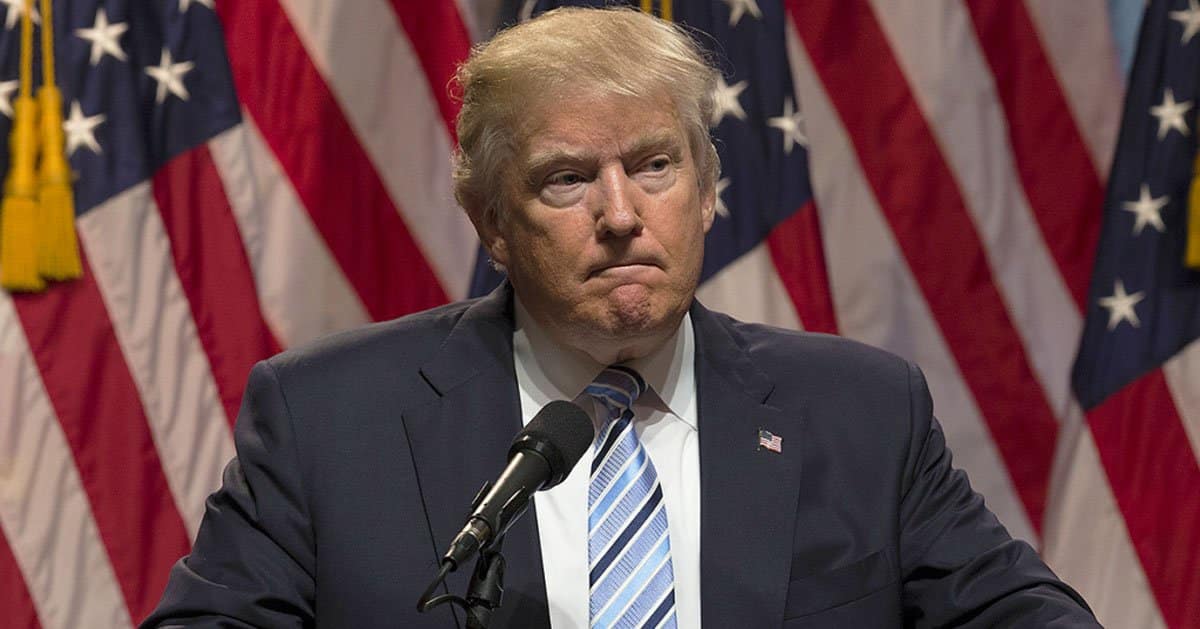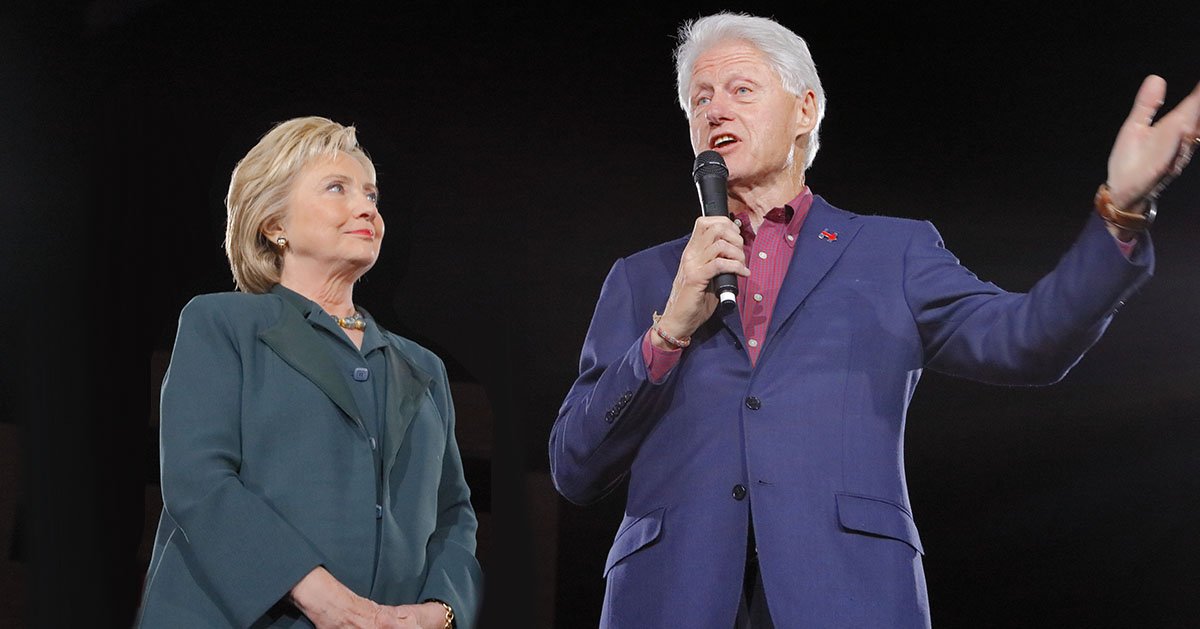








Robert F. Kennedy Jr. narrowly secured confirmation from the Senate to serve as the Secretary of Health and Human Services, overcoming a contentious confirmation process.
ABC News reported that the Senate's decision came with a close 52-48 vote, highlighting the contentious nature of Kennedy's nomination.
Kennedy's nomination was marked by significant controversy primarily due to his previous remarks concerning vaccines and his lack of administrative experience in the health sector.
Despite these concerns, President Donald Trump supported Kennedy wholeheartedly and endorsed him following his decision to discontinue his independent run for the presidency.
Sen. Mitch McConnell was a notable figure in the opposition, being the only Republican to join all Democratic senators in voting against Kennedy.
McConnell's reservations were mainly tied to Kennedy's controversial stance on vaccines—a deeply personal issue for McConnell, having overcome polio himself.
McConnell expressed disappointment in Kennedy's nomination, indicating his skepticism about the nominee's ability to lead effectively. "I will not condone the re-litigation of proven cures," McConnell stated, underscoring his doubts about Kennedy's suitability for this vital role.
Despite these concerns, the President remained optimistic about Kennedy's potential contributions to the administration. Trump praised Kennedy's efforts, saying he "did great" and noting that he "got more votes than anybody thought."
Kennedy managed to gain the crucial support of key Republican figures such as Sen. Bill Cassidy and Sen. Susan Collins. Their backing was secured after Kennedy provided assurances regarding his policies on various healthcare issues, which helped ease some concerns.
During the confirmation hearings, Kennedy sought to address lingering doubts about his vaccine-related remarks, clarifying his support for immunizations against diseases like polio and measles.
Sen. Collins commented on Kennedy's willingness to review and reconsider his stance on health policies by noting that he "seemed to understand" the issues at hand.
In an effort to tackle chronic illnesses, President Trump announced plans to establish a "Make America Healthy Again" commission. This initiative aims to investigate the underlying causes of chronic diseases affecting the nation.
Upon his swearing-in ceremony, attended by the President, Kennedy expressed a strong desire to reform existing health agencies. He drew comparisons between his proposed reforms and the Trump administration’s actions with USAID, emphasizing the need for change.
Addressing concerns about agency operations, Kennedy criticized the current system by saying few "understand how sinister this agency really is," and highlighted his resolve to bring about meaningful transformation.
Despite Kennedy's assurances and attempts to mitigate opposition, Senate Minority Leader Chuck Schumer made a final plea asking senators to reject the nomination. Schumer starkly warned that confirming Kennedy would risk "making America sicker."
Kennedy's appointment will see him leading several pivotal health agencies within the federal structure. This move has intensified discussions about how his leadership will shape the future of U.S. health policy amidst ongoing public health challenges.
While Kennedy's confirmation marks a significant political win for President Trump, it also raises questions about how effectively Kennedy will address the public's health concerns.
Kennedy's lack of direct experience in health administration remains a point of contention. His appointment has sparked debates over his capacity to manage America's largest health agency successfully.
As Kennedy steps into his new role, observers anticipate how he will balance his vaccine stance with commitments to protect public health. McConnell expressed a cautious hope, urging Kennedy to foster "trust in our public health institutions" rather than sow discord.



